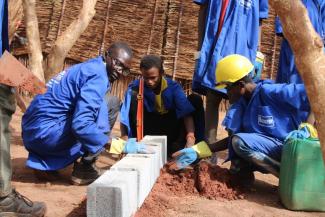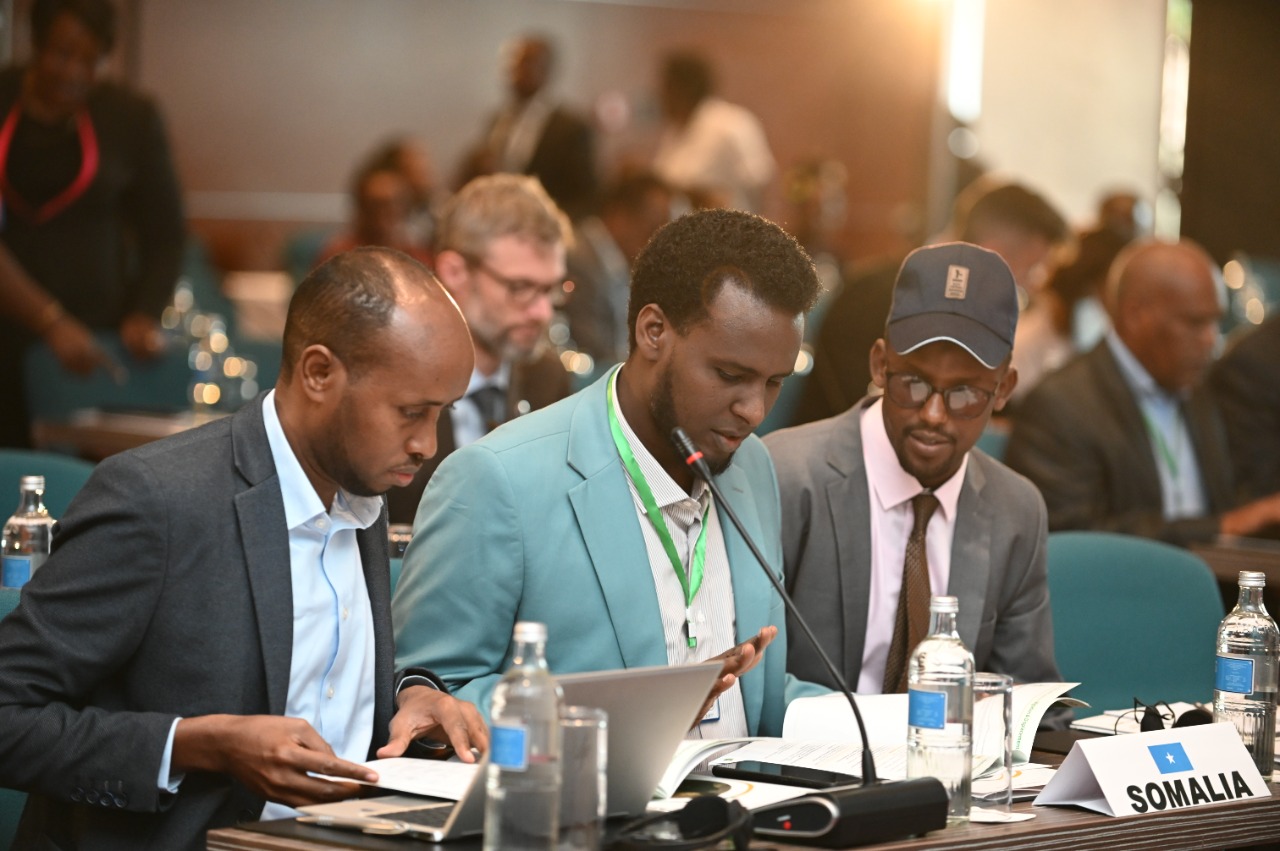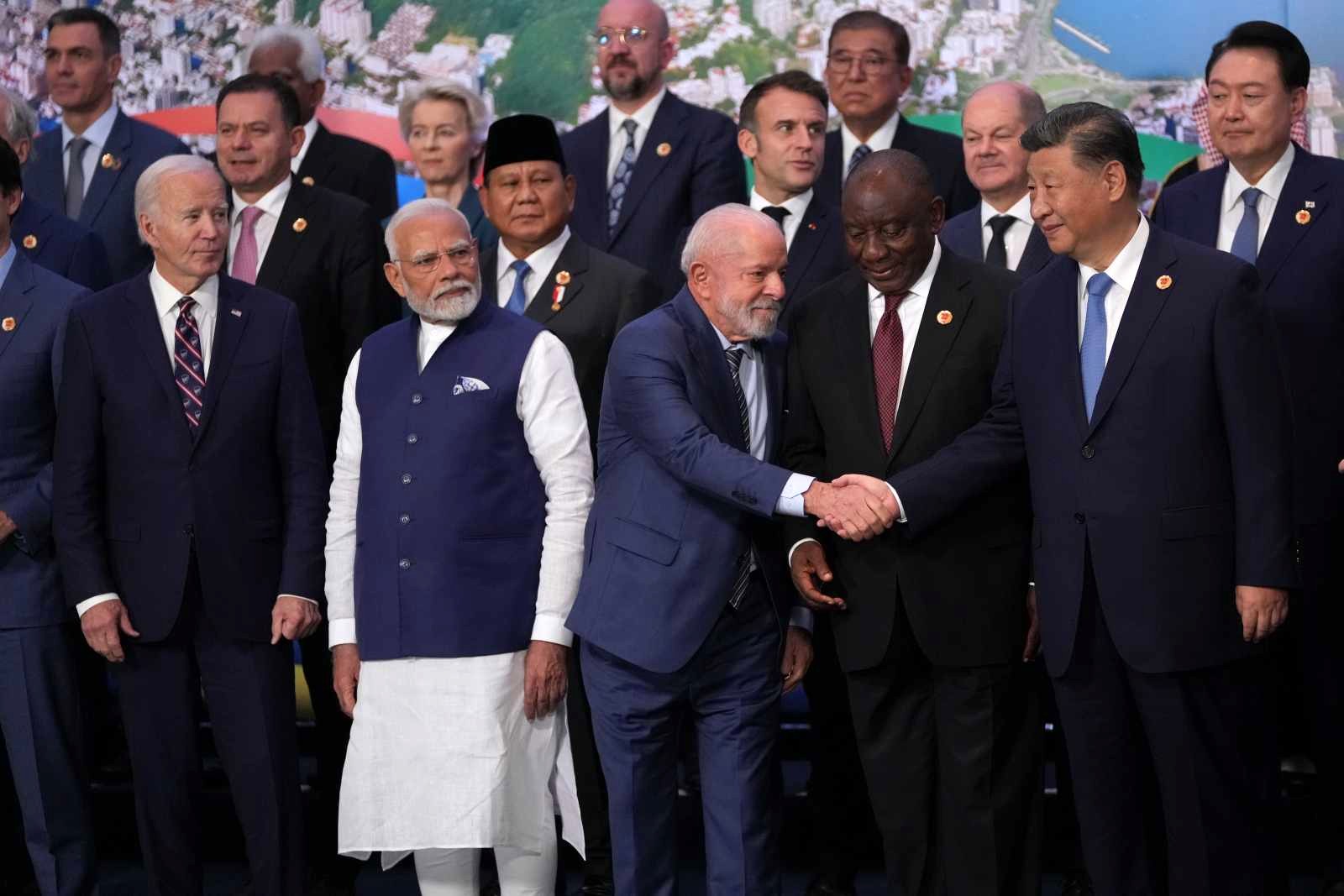German development projects
Seizing the potential of migration and displacement

Seen from an economic standpoint, migration is double-edged. Money transfers from migrants to their families boost the economies of their countries of origin. Desperately needed skilled workers fill gaps in host countries, but are often lacking in their countries of origin.
Development cooperation must therefore promote the potential of migration for the socio-economic development of the countries involved and at the same time minimise risks. Measures must create as many benefits as possible for countries of origin and host countries, but also for migrants and their families. Safe, orderly and regular migration is therefore also anchored in the tenth UN Sustainable Development Goal (SDG).
Apart from the universal human rights that apply to all migrants, there is no international legal framework regulating migration on a global scale. Displacement across international borders, on the other hand, is a special form of migration undertaken for an individual’s survival and is defined by the 1951 Geneva Refugee Convention and its 1967 Protocol.
No longer just the task of humanitarian aid
In 2016, the UN General Assembly adopted the New York Declaration for Refugees and Migrants. The declaration paved the way for the Global Compact for Safe, Orderly and Regular Migration and the Global Compact on Refugees, both adopted in 2018. The Global Compact on Refugees is based on the so-called humanitarian-development-peace (HDP) nexus, which establishes humanitarian aid, development and peace as cornerstones of refugee aid measures.
Thus, the role of development cooperation was clearly defined in the context of displacement, for instance with regard to the integration of refugees in social security systems. Previously, humanitarian aid typically provided care to refugees and internally displaced people. However, in view of rising numbers of people on the run and, in particular, increasingly protracted displacement situations, many different actors need to work together in a coordinated manner.
In addition to administering humanitarian aid, which is designed to provide short-term help, the Deutsche Gesellschaft für Internationale Zusammenarbeit (GIZ) GmbH creates longer-term prospects for affected people and makes use of the synergy potential of other actors. In northern Uganda, for example, GIZ is working together with the UN Refugee Agency (UNHCR) on a project financed by the European Union (EU) and Germany’s Federal Ministry for Economic Cooperation and Development (BMZ) to support refugees and host communities.
The goal is to promote the Ugandan strategy for local economic development at decentralised level and to strengthen district administrations. The cooperation of GIZ teams with local UNHCR representations and Ugandan authorities facilitates the preparation of district development plans and ensures that refugees are taken into account.
Internal displacement is a state matter
The protection of internally displaced people is the responsibility of the countries of origin themselves, and according to the principle of territorial integrity, international aid is only possible with the consent of the government in question. The UN’s guiding principles on internal displacement were adopted in 1998. They are based on international humanitarian law and human-rights agreements, but are not legally binding; they are only an international standard.
Furthermore, in 2019, UN Secretary-General António Guterres established the High-Level Panel on Internal Displacement. The recommendations of this panel form the foundation of the UN Action Agenda on Internal Displacement from 2022, which presents a vision for better prevention and management of internal displacement crises. GIZ supports the implementation of this agenda worldwide on behalf of various commissioners.
Gender-specific disadvantages can be exacerbated in all refugee situations, for instance due to a lack of shelters. In that scenario, the risk of gender-based violence increases particularly for women and girls, but also for men, boys and LGBTIQ+ people. Increased vulnerability can lead to dependency and exploitation. In accordance with the guidelines for feminist foreign and development policy of the BMZ and the Federal Foreign Office, which were presented in March, GIZ therefore supports the establishment of women’s centres in refugee contexts with funding from its commissioners, which provide protected spaces and offer needs-based training, courses and leisure opportunities.
In this way, a refugee situation can also have transformative potential. Traditional roles can be questioned in a new context and gender relations can be renegotiated. This process offers opportunities to break out of traditional gender roles, though it is often accompanied by violence and conflict. GIZ’s empowerment approaches and awareness-raising measures therefore think about gender relations from the outset and include men wherever possible.
Stephanie Deubler works for GIZ in Eschborn. She is a senior specialist planner on the topic of migration and displacement in GIZ’s sectoral department.
stephanie.deubler@giz.de
Astrid Peter works for GIZ in Eschborn. She is a senior specialist planner on the topic of migration and displacement in GIZ’s sectoral department.
astrid.peter@giz.de














